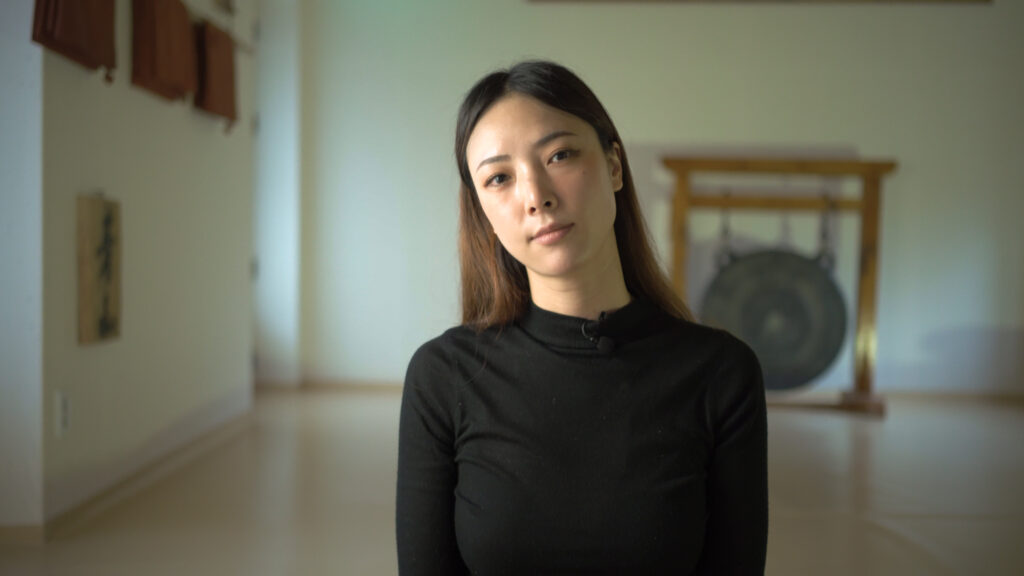
I was born and raised in Seoul, Korea. I’m a DJ. My passion is music. I love to perform and to meet people from around the world. When I need calm, to reflect on my life, my emotions, I sometimes go to Hwagyesa, a Buddhist temple in my neighborhood.
I first met Wonil Sunim at a local café. He walked in wearing a gray hangbok, the uniform of a Korean Buddhist monk. He was there to meet Nino, my friend and neighbor, a Serbian filmmaker who’s directing a number of projects. They were working on a documentary on East Coast Zen, a glimpse into the inner world of the Zen centers on America’s East Coast.
Wonil Sunim, also a writer/filmmaker, has been involved with American Zen since the late ’80s. A resident of the Providence Zen Center for several years, he was also with Dharma Zen Center in Los Angles and Taegosa in the Mojave Desert. Eventually, he moved to Korea to ordain as a Zen monk.
Wonil Sunim’s Zen was my first look at the new dharma emerging in the West. Profound changes are taking place in Korean society today, our culture becoming increasingly westernized. At the same time, our dharma is moving west, transforming, evolving. His expression isn’t an archaic form from Korea’s distant past, but something fresh and alive, and relevant. His work, his writing, his music, is enigmatic, personal. I can feel the subtropics of his native Louisiana. Everything has this heat, as if ready to combust. It’s his own dharma. His approach: the fear, darkness, sorrow we all endure, with him it becomes poetry, his Field of Weeds.
When I attempted to photograph the Great Plains, I quickly realized the scale of it can’t be captured. It’s something that must be experienced firsthand. The only images that conveyed anything memorable were the closeups, the artistic shots—they captured a mood. In the same way I want to show how America is transforming our sacred teachings through Wonil’s story, his struggle to reveal something important, something beautiful. I want to reveal his inner world.
I’m here to ask for your contribution to help us make something extraordinary, to show the living, unfathomable core of Zen. I want to tell the story of the new Western lineage through a closeup view of Wonil Sunim’s life and practice, how his more than thirty years of intensive meditation has manifested, his wisdom and insight into the human mind.